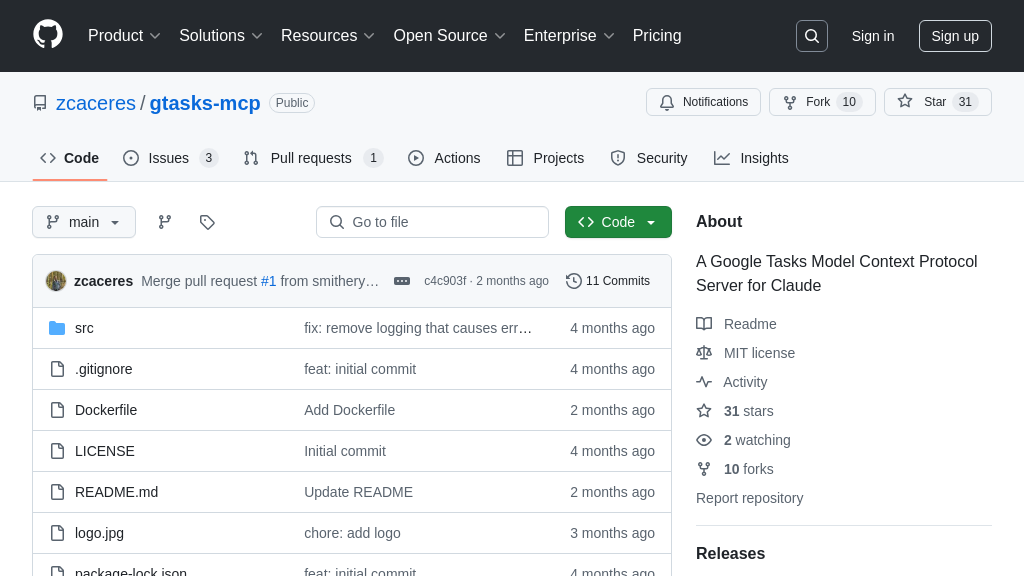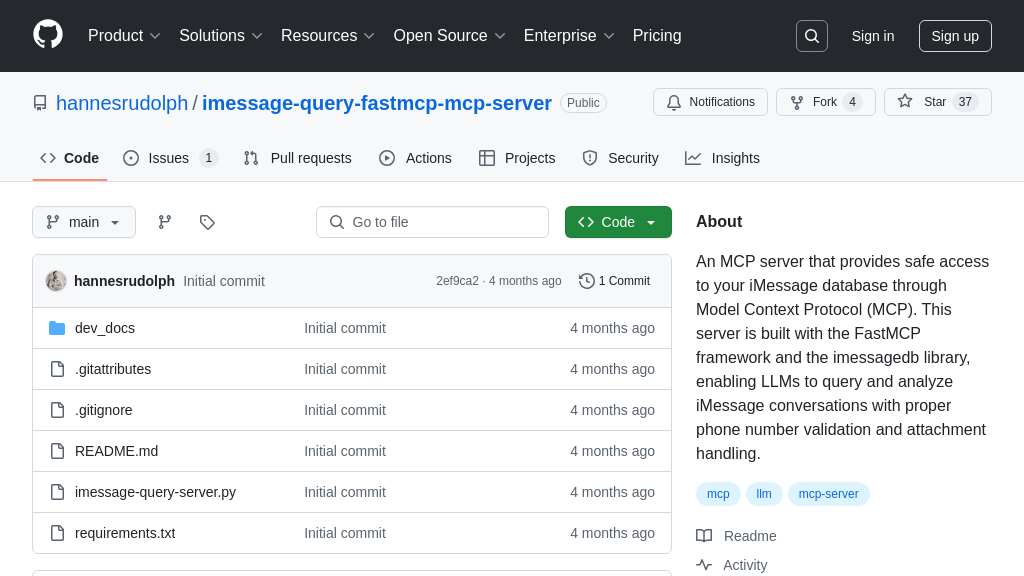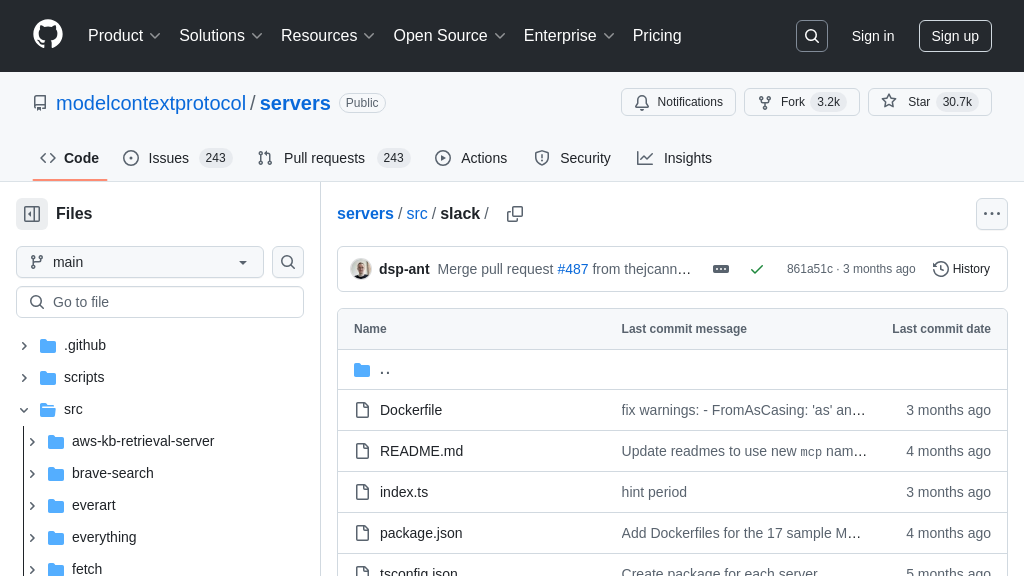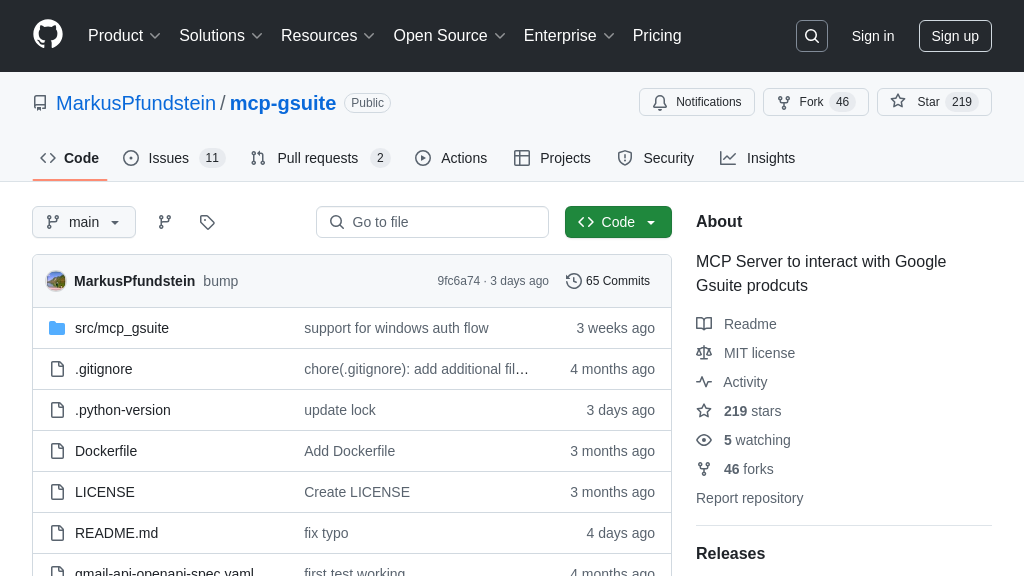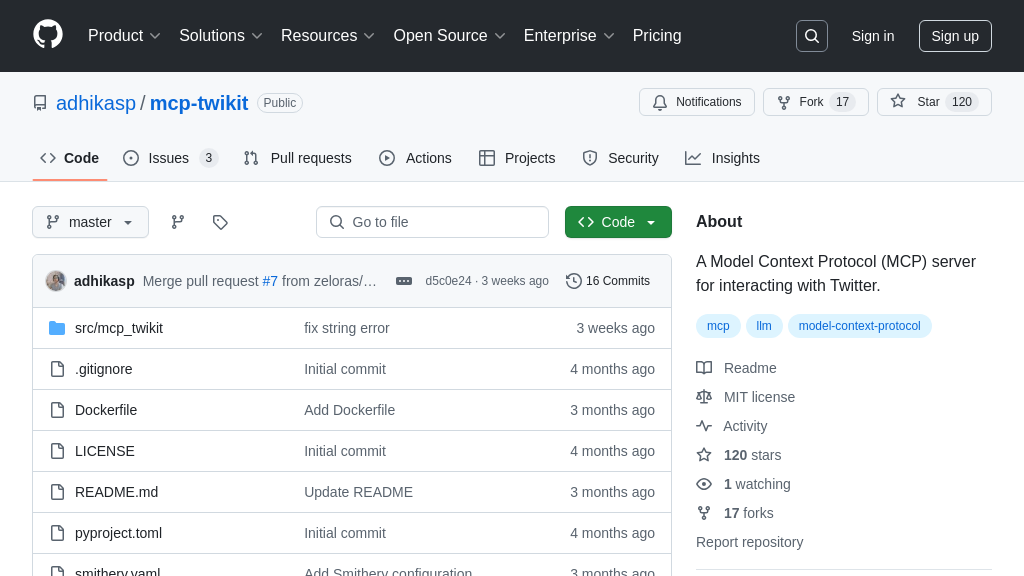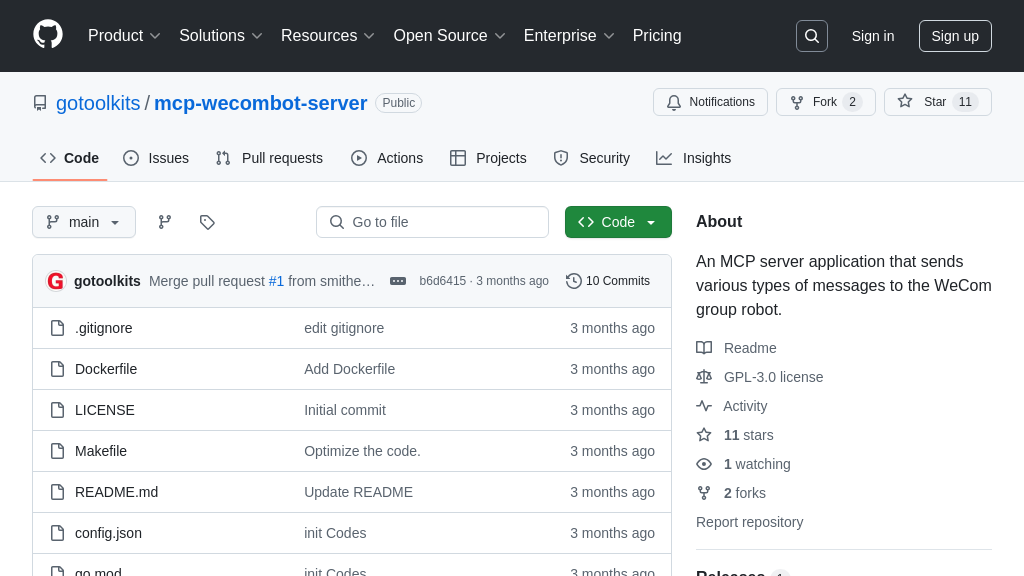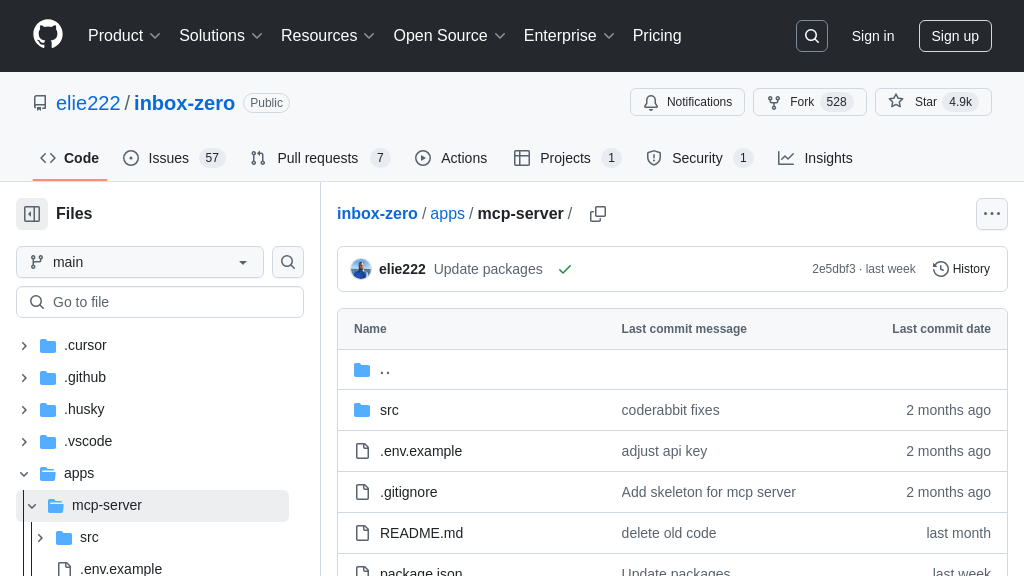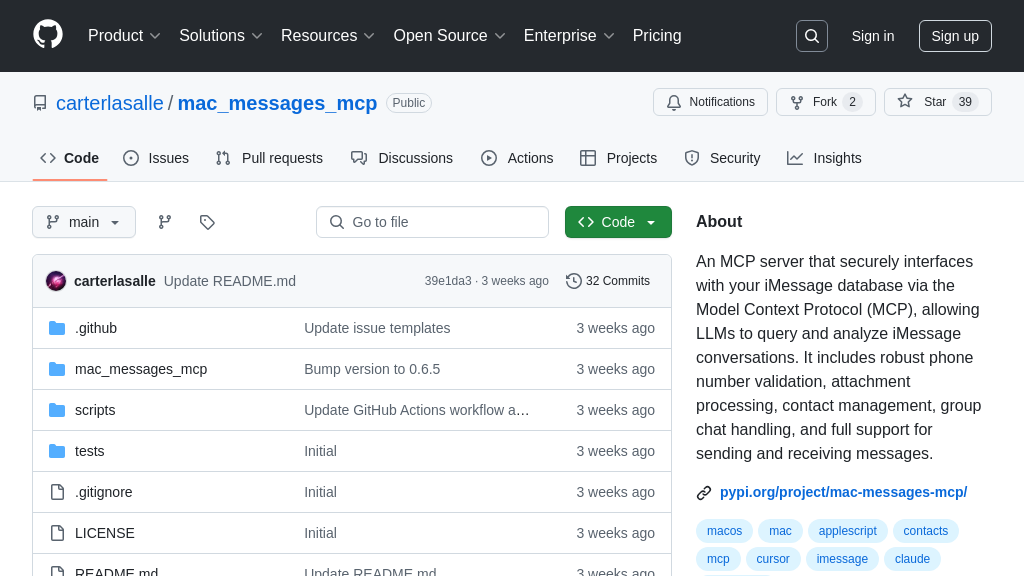didlogic_mcp
didlogic_mcp: An MCP server bridging LLMs and Didlogic API, offering tools for account, call, and transaction management.
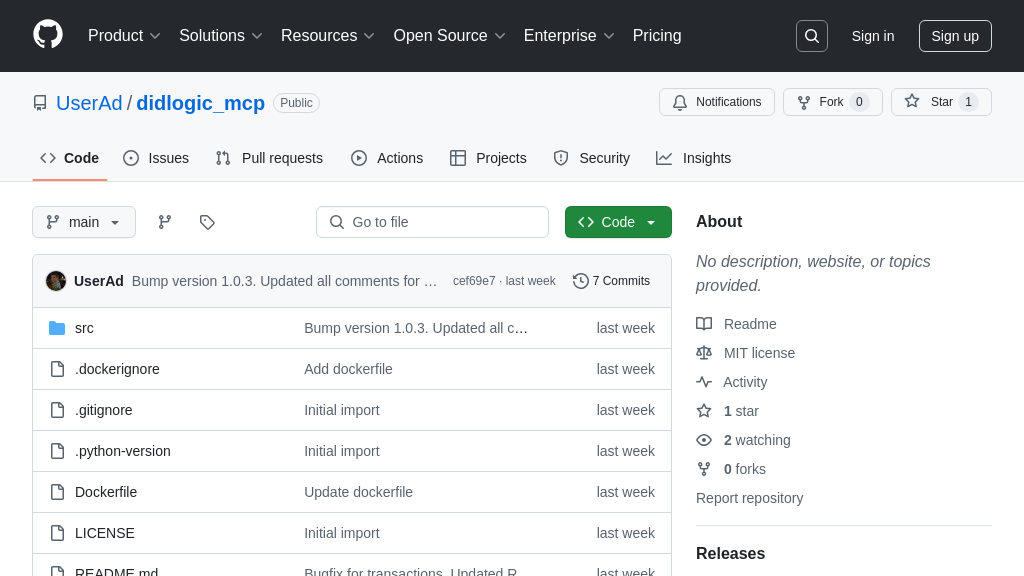
didlogic_mcp Solution Overview
Didlogic MCP Server is an MCP server implementation designed to connect Large Language Models (LLMs) with the Didlogic API, providing a standardized interface for interaction. It grants LLMs full access to Didlogic services through MCP tools, enabling features like balance management, SIP account (sipfriends) management, IP restriction management, purchase management, call history access, and transaction history access.
This server simplifies the integration process for developers, offering specialized prompts for common operations and abstracting away the complexities of direct API interaction. By using Didlogic MCP Server, developers can seamlessly incorporate Didlogic's functionalities into their AI models, enhancing their capabilities and creating more versatile applications. It can be easily integrated using uvx or pip, requiring only the Didlogic API key for configuration. This solution empowers developers to leverage Didlogic's services within AI workflows efficiently.
didlogic_mcp Key Capabilities
Full Didlogic API Access
The didlogic_mcp server provides complete access to the Didlogic API, enabling LLMs to leverage the full range of Didlogic's communication services. This is achieved by translating MCP requests into corresponding Didlogic API calls, effectively acting as a bridge between the AI model and the external service. This comprehensive access allows AI models to perform a wide variety of tasks, such as managing SIP accounts, accessing call history, and initiating communication workflows, all through a standardized MCP interface. The server handles authentication and authorization, ensuring secure access to the Didlogic API.
For example, an AI assistant could use this feature to retrieve a user's call history from Didlogic and summarize recent communications. The AI model sends an MCP request to the didlogic_mcp server, which then calls the Didlogic API to fetch the call history data. The server then formats the data and returns it to the AI model.
Specialized Prompts for Operations
To streamline common tasks, didlogic_mcp includes specialized prompts tailored for frequent operations within the Didlogic API. These prompts simplify the interaction process for AI models by providing pre-defined instructions and structures for common requests. This reduces the complexity of crafting precise API calls and allows developers to quickly integrate Didlogic functionality into their AI applications. By using specialized prompts, AI models can efficiently perform tasks like checking account balances, managing IP restrictions, or initiating purchases.
Imagine an AI-powered customer service bot that needs to check a user's Didlogic account balance. Instead of constructing a complex API request, the bot can use a specialized prompt like "get_balance" through the MCP interface. The didlogic_mcp server recognizes this prompt and automatically retrieves the account balance from the Didlogic API, returning the information to the bot in a structured format.
SIP Account Management
The didlogic_mcp server offers tools for managing SIP (Session Initiation Protocol) accounts, specifically focusing on "sipfriends" management within the Didlogic ecosystem. This feature allows AI models to programmatically create, modify, and delete SIP accounts, enabling dynamic control over communication endpoints. This is particularly useful for applications that require automated provisioning of communication resources, such as call centers or VoIP services. The server provides a secure and standardized interface for managing these accounts, ensuring that AI models can interact with the Didlogic SIP infrastructure in a controlled manner.
For instance, an AI-driven system could automatically create a new SIP account for each new user of a VoIP service. The AI model sends an MCP request to the didlogic_mcp server with the necessary account details. The server then uses the Didlogic API to create the SIP account and returns the account credentials to the AI model, which can then be provided to the user.
